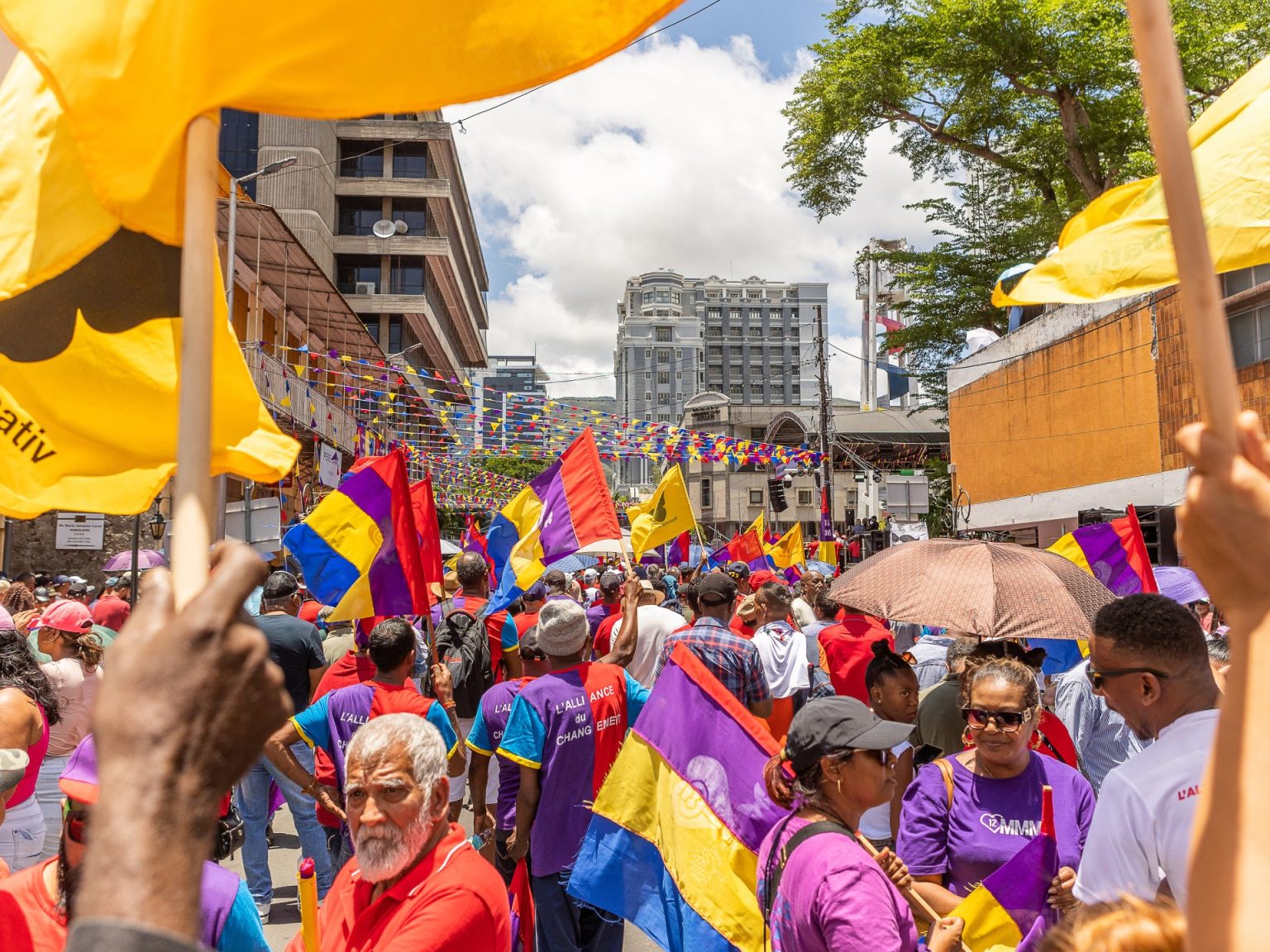The upcoming national elections in Mauritius are being overshadowed by a wiretapping scandal that has implicated government officials in a covert operation. The scandal, which involves leaked recordings of high-ranking politicians discussing various individuals, has raised tensions and dominated the campaign season. The government’s response to the scandal, including a temporary social media ban, has sparked outrage among opposition groups and citizens. Despite the scandal, Mauritius has a history of free and fair elections, with high voter turnout of around 80 percent.
Mauritius, a small island nation in the Indian Ocean with a GDP per capita of $10,000, has a diverse economy that includes manufacturing, agriculture, financial services, and a growing pharmaceutical industry. The country is also culturally diverse, with a population of 1.3 million made up of various communities with Asian and African ancestry. The official languages are Morisien, English, and French, and the national currency is the rupee. Mauritius recently made headlines when it successfully forced the United Kingdom to hand over the Chagos Islands after a long-standing dispute.
In the upcoming election, voters will elect members of the National Assembly from multiple parties. Parliament comprises 70 lawmakers, with 62 directly elected by voters and an additional eight seats allocated to the highest-polling losing parties based on ethnic and religious quotas. The president, appointed by Parliament, has a largely ceremonial role. The leader of the party or party alliance that wins the majority in Parliament becomes the prime minister.
The main contenders in the election include Prime Minister Pravind Kumar Jugnauth, who is seeking a second term leading the Alliance Lepep, which includes his ruling MSM party. Jugnauth’s government has been credited with economic growth and success in reclaiming the Chagos Islands from the UK. Opposition leader Navin Ramgoolam, heading the Labour Party, has promised to address issues such as high living costs and corruption if his alliance wins. A third force in the election is Linion Reform, led by Nando Bodha and Roshi Bhadain, appealing to young, urban voters for a system shake-up.
Key issues in the election include high living costs, crime, drugs, and corruption. Rising prices of commodities have led to protests, with concerns about corruption in national pricing institutions. Crime, particularly drug abuse and addiction, is a major problem, with growing calls for tougher crackdowns on traffickers. Fears about weakening civil rights and government-sanctioned wiretapping have raised concerns about transparency and governance in Mauritius. The outcome of the election will have implications for the country’s future development, foreign investment, and tourism.













